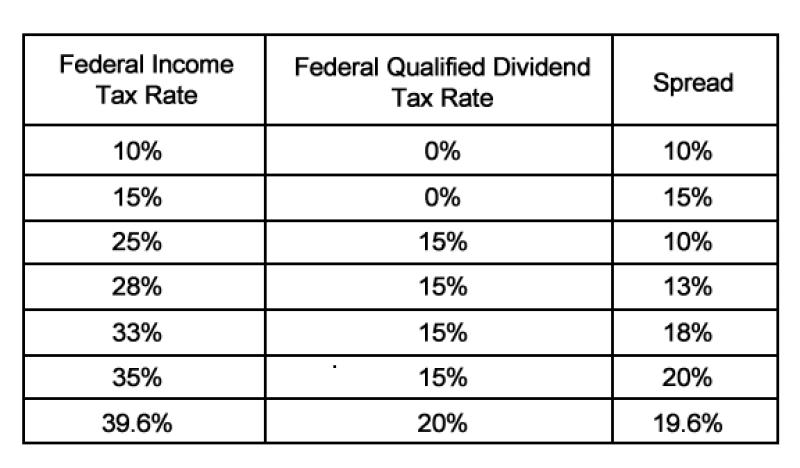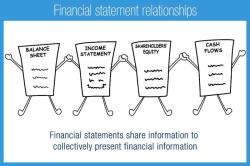Are MUB dividends tax free?
The tax implications of dividends from the iShares National Muni Bond ETF (MUB) depend on the nature of the dividends received. MUB primarily invests in municipal bonds, and the interest income generated from these bonds may have specific tax considerations. Here are some key points:
Tax-Free Interest:
- Municipal bonds are known for providing interest income that is often exempt from federal income taxes. This tax advantage is particularly appealing to investors in higher tax brackets.
Federal Tax Exemption:
- The interest income from municipal bonds held by MUB is typically exempt from federal income taxes. This means that the dividends distributed by MUB may be considered tax-free at the federal level.
State Tax Considerations:
- In addition to federal tax benefits, municipal bond interest may also be exempt from state income taxes if the bonds are issued by entities within the investor's state of residence. However, this state tax exemption is not universal, and the specific tax treatment varies by state.
Alternative Minimum Tax (AMT):
- While municipal bond interest is generally tax-free, it's important to consider the Alternative Minimum Tax (AMT). Some tax-exempt interest could be subject to AMT, impacting the overall tax liability.
Capital Gains:
- If MUB sells municipal bonds at a profit, the resulting capital gains distributions may have tax implications. Capital gains are typically taxed differently than interest income.
Individual Tax Situation:
- The tax treatment of MUB dividends depends on the individual investor's tax situation, including their income level, filing status, and state of residence. It's advisable for investors to consult with a tax professional to understand their specific tax implications.
It's crucial for investors to review the tax implications of any investment, including MUB, and to stay informed about changes in tax laws that may impact their financial situation. Tax regulations can be complex, and consulting with a tax advisor or financial planner can provide personalized guidance based on an individual's circumstances.
Delving into MUB dividends: Are they genuinely tax-free?
The iShares National Muni Bond ETF (MUB) is a popular municipal bond fund that offers investors exposure to a broad range of municipal bonds issued by state and local governments in the United States. Municipal bonds are generally considered to be tax-free, meaning that the interest income generated from these bonds is exempt from federal income tax. However, there are a few exceptions to this rule.
Tax Treatment of Dividends from MUB
Dividends received from MUB are generally exempt from federal income tax, but there are a few things to keep in mind:
- State and local income taxes: MUB dividends may be subject to state and local income taxes, depending on the investor's residency.
- Original issue discount (OID): OID is the difference between the purchase price of a bond and its face value. When an OID bond matures, the investor must recognize the OID as income, which may be taxable.
- Market discount: Market discount occurs when an investor purchases a bond for less than its face value. If the investor sells the bond before maturity, the market discount is recognized as income and may be taxable.
Tips for tax-efficient investing in municipal bond funds like MUB
Here are a few tips for tax-efficient investing in municipal bond funds like MUB:
- Consider your residency: If you live in a state with high income taxes, you may want to choose a municipal bond fund that invests in bonds issued by your state or local government. This can help to minimize state and local income taxes on your dividend income.
- Be aware of OID and market discount: OID and market discount can create tax liability, so it is important to be aware of these factors when investing in municipal bond funds.
- Hold your investments for the long term: The longer you hold your investments, the more likely you are to benefit from tax-free growth. This is because OID and market discount are only taxed when you sell the bond.
- Consider tax-advantaged accounts: Investing in municipal bond funds through tax-advantaged accounts, such as individual retirement accounts (IRAs) and 401(k) plans, can help to defer or avoid taxes on your dividend income.
Conclusion
MUB dividends are generally exempt from federal income tax, but there are a few exceptions to keep in mind, such as state and local income taxes, OID, and market discount. By following the tips above, investors can minimize their tax liability and maximize their returns when investing in municipal bond funds like MUB.













